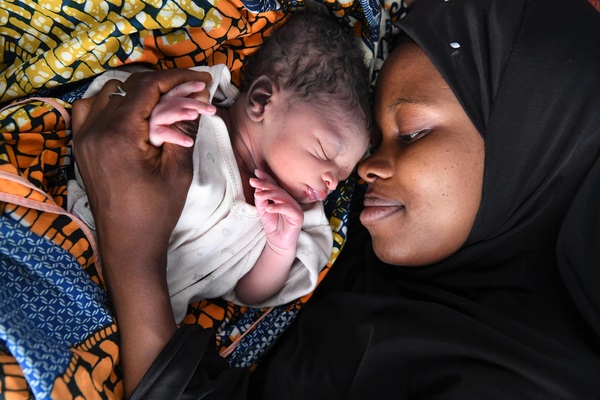The Massive Open Online Course on Improving the Health of Women, Children and Adolescents put together by the Maternal, Adolescent, Reproductive, and Child Health (MARCH) Centre at the London School of Hygiene & Tropical Medicine is now open for the second round of participants and can be accessed free of charge here: https://www.futurelearn.com/courses/women-children-health
The content is designed for mobile phone platforms and the second round is open now, starting 9th March 2019 for 6 weeks. Participants can join at any time in the 6 weeks, but you will gain most if you participate throughout by joining 1000s of other learners from all over the world posting comments to each other on the topics each week. For each week's topic there are expert mentors. We know that some groups or team choose do the course together and also meet face-to-face to discuss.
Six flexible modules cover health throughout the lifecycle including:
- adolescence
- reproductive (starting 11th Nov timed to coincide with ICPD25 in Nairobi)
- maternal,
- newborns and stillbirths,
- children, and
- putting it all together, including cross cutting issues such as climate change and humanitarian crisis.
The course has previously had >26,000 participants from >130 countries. The focus is how to accelerate progress towards the relevant SDGs to address the ongoing annual toll of around 10 million stillbirths, and newborn, child, adolescent, maternal deaths. Leading experts from all over the world use multi-media approaches to share the latest data, progress to SDGs, evidence, debates and research gaps. Each week also has more detailed references so is suitable for a range of learners, whether the topic is new to you or you are already deeply engaged.
Photo: Animata Diallo is cuddling her newborn baby in the PMI health center of Odienné, in the Northeast of Côte d'Ivoire, in February 2020. © UNICEF/UNI288582/Frank Dejongh


